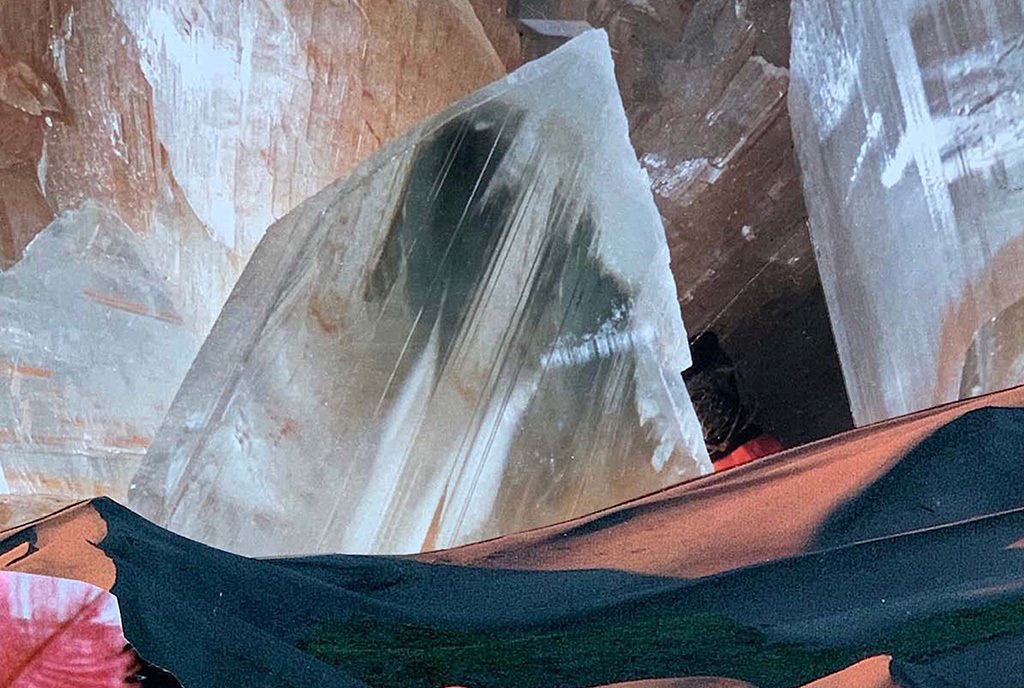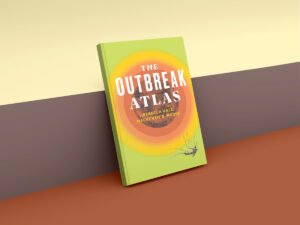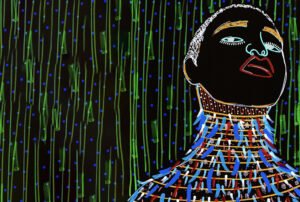
Editors’ note: This piece is from Nonprofit Quarterly Magazine’s fall 2023 issue, “How Do We Create Home in the Future? Reshaping the Way We Live in the Midst of Climate Crisis.”
The mayor scowled at the teenagers in her office. Heads hung low, they awaited the reprimand. She studied their postures, the flush of their cheeks. That one. The boy whose forehead was so red it seemed likely to combust. He’d be the first to crack.
“Three teenagers, raised in this community,” the mayor began, “who should know better than to trespass in a rewilding zone, and who may have insulted our esteemed guests.”
She glared at each in turn, spending a little extra time on the boy at the end. “What punishment is appropriate? We’ll see how much damage you’ve done.”
The mayor turned, and bowed. Out from the shadows stepped a man, ancient and weathered as the trees. Each of the teenagers felt their heart stop.
It was him. Elder Tek himself, speaker of the nomads’ council, the most esteemed of their most-esteemed guests.
Elder Tek sat, facing the teenagers. “I will ask you three questions,” he said. “Your answers will determine our course of action. Why have I come?”
He looked at the girl. She snapped straighter. “The nomads protect coastal ecosystems so that we may all live better with the land and sea.”
Elder Tek turned his gaze to the boy next to her. “What do my people do?”
The boy closed his eyes as he concentrated. “The nomads build and maintain clam beds, seagrass meadows, marsh gardens, and coastal prairies. These managed ecosystems trap carbon, provide nurseries and sanctuaries for keystone species, and allow sustainable harvesting for our people. It also stabilizes the shoreline against severe weather, fires, and sea-level change.”
Elder Tek turned to the last youth, the boy with the burning forehead. Elder Tek leaned forward. “Where is my homeland?”
Sign up for our free newsletters
Subscribe to NPQ's newsletters to have our top stories delivered directly to your inbox.
By signing up, you agree to our privacy policy and terms of use, and to receive messages from NPQ and our partners.
It was almost impressive, the speed at which the boy turned from bright red to ghostly white. The nomads were…nomads. They knew which ecosystems needed tending at which times of year. They traveled the coastline doing this work, welcomed and celebrated by the communities that hosted them. “Your home is…everywhere,” he began.
The boy was saved by Elder Tek, who raised a merciful hand to silence his mumbling. The teenagers gaped as Elder Tek began to sing, and a story took shape of an island offshore and of people who nurtured it for generations. Earth warmed and the sea rose. The island drowned. But the people did not abandon it. They cultivated a seagrass meadow there, honoring their homeland even beneath the waves, and brought their knowledge to the coast so that no more communities would be lost. The song finished. Elder Tek sat in silence, the story seeming to linger in the very air around them.
The mayor stepped forward. “I will give you one more chance.” She turned to the boy whose forehead was reddening again. “Why were you in the rewilding zone?”
“We wanted to see if the legends were true!” he blurted out. “They say that whenever the nomads arrive, ghosts of the past come to the shore seeking forgiveness for the harm they caused!”
The mayor turned so the children would not see the smirk at the edge of her lips. “I see. Go. Elder Tek and I will discuss.”
The children backed from the office, bowing and sputtering apologies. Once they had gone, the mayor sat next to the revered elder.
“Think it worked?” she asked. Youths these days—so hard to instruct in the teachings that mattered.
Elder Tek smiled. “A healthy mixture of stories and wisdom and a touch of shame is as productive as it is sustainable.”
He leaned closer, tight creases pinching the corners of his eyes. “After all—as I recall, many years ago it worked on another young troublemaker.”
The mayor rolled her eyes—and for just a second, she felt her forehead turning red.











